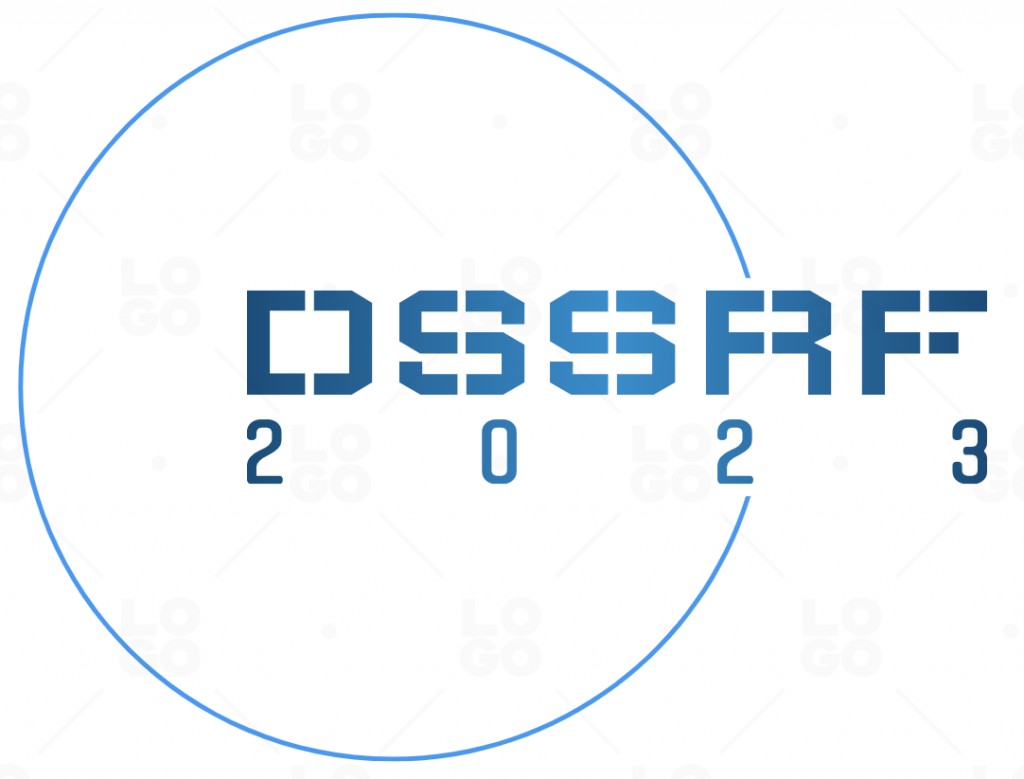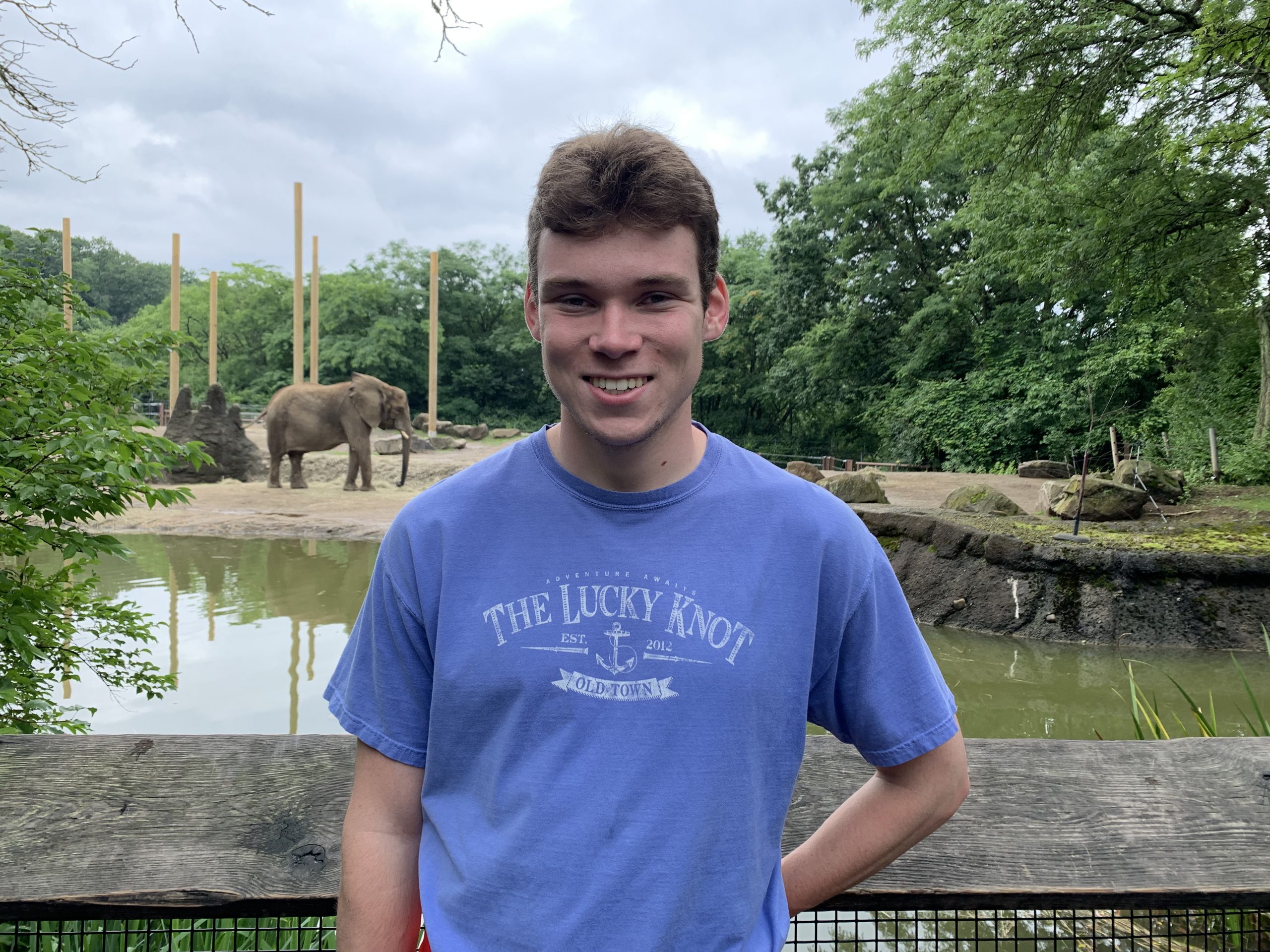DSSRF 2023

This summer, I was fortunate enough to be apart of the Digital Scholarship Summer Research Fellowship (DSSRF) at Bucknell University. Participants in this eight-week program spend the first few weeks learning about digital tools and methodologies. In the remaining weeks, they use that knowledge to devise and research their own research question. They attempt to answer that question in a way that incorporates the digital humanities. Students are not isolated; rather, they are part of a cohort with three or four peers and two mentors. The cohort acts as a support system for everyone involved, where ideas are welcomed and questions are encouraged.
My experience in the DSSRF program in the summer of 2023 could not have been better. Even before the summer began, I was excited to begin my project because of the research question I had chosen. One of the best things about this fellowship is the freedom to select one’s own research question. This presents the opportunity to truly become invested in the research and to stay motivated throughout the summer. Baseball has been a passion of mine ever since I could swing a bat, and there is a strong overlap between it and statistics, which is my major. Another great facet of the DSSRF program is the ability to learn new tools and instantly apply them to research. I was introduced to many digital resources, some of which are present in this project, such as Tableau, WordPress, and TimelineJS. And even though there were sites that weren’t useful for this research question, I am still grateful for my exposure to them. They open up options for any work that I might do in the future. I’ve learned a lot this summer, not only about baseball and contracts, but also about the digital humanities and online tools. I’m very lucky to have been able to pursue my passion and learn new things under the guidance of the DSSRF program.
Credit
This project could not have been completed without support from many people throughout the summer, so I’d like to take this space to recognize their contributions to my project.
First off, many thanks to Carrie Pirmann and Claire Cahoon, the leaders of the DSSRF program. Thank you for allowing me to participate in this program and for always being eager to help me solve problems. I appreciate all the resources you introduced during our meetings and how you built a friendly and helpful work environment. I am so glad that I chose to spent my summer on campus doing research with you both! Next, thank you to Muhammad Ahmed, Emilia Blechschmidt, and Omid Mohammadi, my fellow students in the DSSRF program. You all were a pleasure to work with, and I was inspired by your work ethic and dedication. I also want to thank members of the L&IT Staff at Bucknell: Ben Hoover, for helping me understand how to set practical goals and achieve them; Doug LeBlanc, for Tableau guidance; and Mary Broussard, for individual feedback on my project. Additionally, thanks to all those who hosted workshops during our meetings: Eloise Stevens, Kate Tuley, Vanessa Massaro, Agnes Jasinska, Janine Glathar, Wes Bernstein, Diane Jakacki, Anne Ross, and Brandon Karcher. Thank you for your time and willingness to help. Lastly, thanks to Prof. Abby Flynt for help with the predictive model.
I am extremely grateful for all the support I received this summer from all of you! Thank you!
About the Author

Danny Nolan (’25) is a rising junior in the College of Arts and Sciences at Bucknell University. He is from Haddonfield, New Jersey, and is majoring in statistics with a minor in economics. His project details free agent contracts in Major League Baseball, both from a historical perspective and a predictive, statistical perspective. His goal is to understand what statistics lead to more lucrative deals and how the statistics that MLB teams care about have changed over time. He plans to include interactive data visualizations to better communicate to viewers the relationships between statistics and salaries.